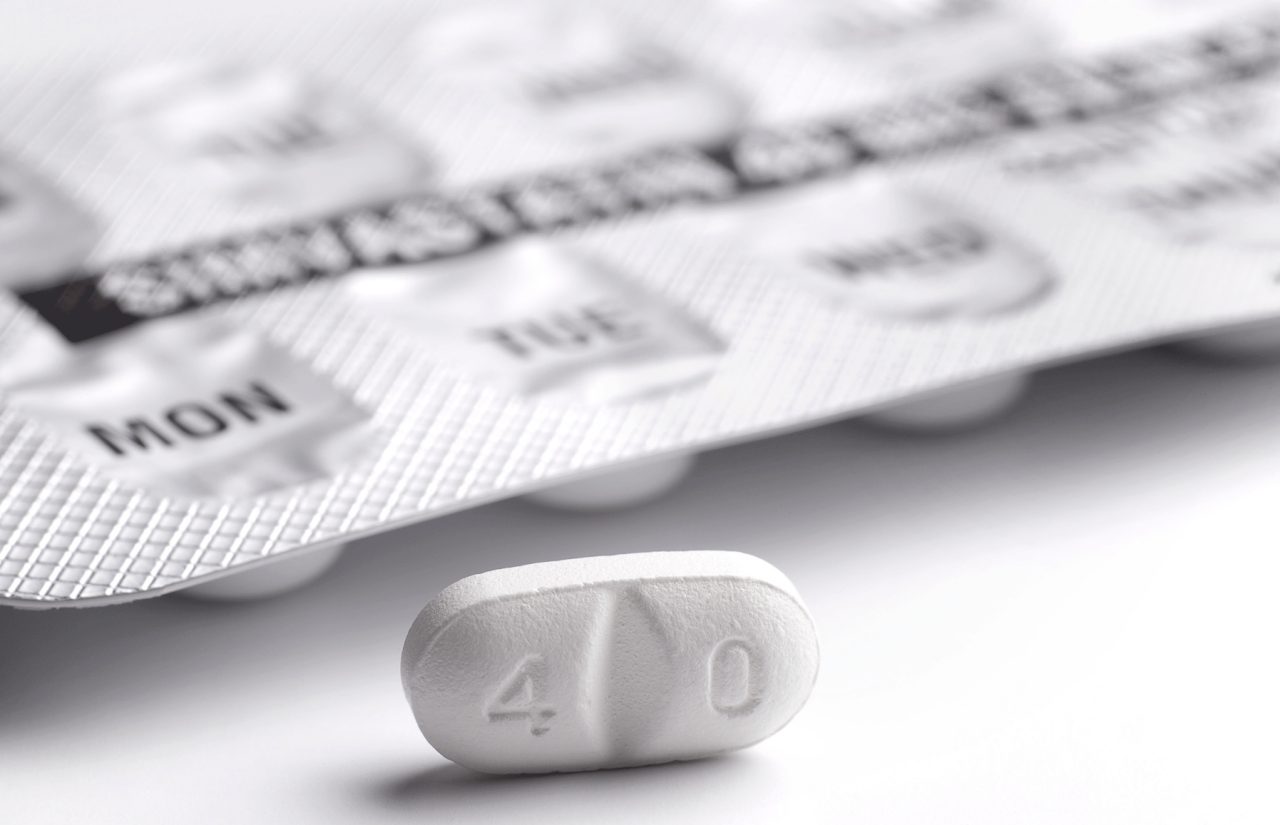Who Should Take Statins?

Popular prescription statins for heart problems aren’t a substitute for healthy living, but they can help millions of people avoid cardiovascular disease. Here’s what you should know.
Statins are widely prescribed worldwide. They block an enzyme that helps your liver make cholesterol.
It is important to understand that your body needs cholesterol for many functions. Cholesterol is part of the structure of your cell membranes, for example, and necessary to make certain hormones and vitamin D.
Too much cholesterol, however, can clog your arteries and trigger heart disease. Statins help prevent clogged arteries and cut your risk of certain kinds of blood clots that may lead to strokes.
Your doctor will evaluate your risk of cardiovascular disease (CVD), including a heart attack, stroke, or angina. Men tend to have CVD events earlier in life, and both male and female blacks have a higher risk than whites.
Your doctor may also prescribe statins if you have a personal history of developing cardiovascular disease over the next 10 years and lifestyle changes are not reducing your risk.
If you and your doctor decide you could benefit from a statin, you are likely to take it every day for the rest of your life.
YOU MIGHT ALSO LIKE: Statins May Not Cause Muscle Pain
What are the risk factors for cardiovascular disease (CVD)?
High cholesterol is one of many risk factors. Cholesterol numbers can be confusing. Here are the basics:
- Total cholesterol. It’s good to keep this measure below 190 or 200 milligrams per deciliter (mg/dL), or 5.2 millimoles per liter (mmol/L).
- Low-density lipoprotein (LDL) cholesterol. You want this number to fall under 100 mg/dL, or 2.6 mmol/L. People who have had a heart attack or have high cardiovascular risk should aim to keep it below 70 mg/dL, or 1.8 mmol/L). Statins lower your blood level of LDL cholesterol.
Other risk factors include smoking, lack of exercise, high blood pressure, diabetes, being overweight or obese, peripheral artery disease (narrowed arteries in your neck, arms, or legs), your age, and a family history of heart disease, especially if it was before the age of 55 in male relatives or before 65 in female relatives.
Do you need a statin?
Online calculators help your doctor predict your risk of a heart attack in the next 10 to 30 years.
In its latest recommendations, the U.S. Preventive Services Task Force suggests that doctors prescribe a statin for adults aged 40 to 75 years even if they have no history of CVD or if they have one or more risk factors and an estimated 10-year cardiovascular disease risk of 10 percent or greater. If your risk falls between 7.5 and 10 percent, you are less likely to benefit from a statin but might still choose to take one.
If you have had a heart attack or stroke, your doctor may prescribe a statin even if your cholesterol numbers aren’t high.
How did these recommendations come about?
The Task Force reviews clinical trials that report on how well statins prevent disease. The studies most often included people with high cholesterol, diabetes, or high blood pressure. For example, people with diabetes who take statins have a much lower risk of heart attacks.
What is the downside of statins?
You might have side effects at first that go away over time. Your doctor may have to adjust your dose. Some people get headaches, nausea, and muscle aches they associate with statins. In rare cases, your blood sugar might rise, you might have severe muscle pain, and you might see an increase in liver enzymes.
If you take a statin, don’t think that you’re in the clear and it doesn’t matter if you skip exercise or eat badly. That’s a mistake and, in effect, puts you at risk of side effects from statins. At the end of the day, statins are not a substitute for healthy living.
Available statins
In the United States, your doctor might prescribe one of these drugs:
- Atorvastatin (Lipitor)
- Fluvastatin (Lescol XL)
- Lovastatin (Altoprev)
- Pitavastatin (Livalo, Zypitamag)
- Pravastatin (Pravachol)
- Rosuvastatin (Crestor, Ezallor)
- Simvastatin (Zocor)
Your doctor might suggest a statin combined with another heart medication. Examples are:
- Atorvastatin-amlodipine (Caduet)
- Ezetimibe-simvastatin (Vytorin)
What you can do
With or without a statin, you’ll need to take care of your health to avoid CVD. One strategy is to do everything possible to cut your risk factors and see if your LDL number remains high. If it does, you have a stronger reason to take a statin.
Quit smoking, avoid secondhand smoke, and eat plenty of vegetables, fruit, fish, and whole grains. Avoid salt and refined “white” carbs like flour, sugar, and white potatoes and white rice. Increase your exercise, sit less, and lose extra pounds.
Updated:
May 18, 2023
Reviewed By:
Janet O'Dell, RN